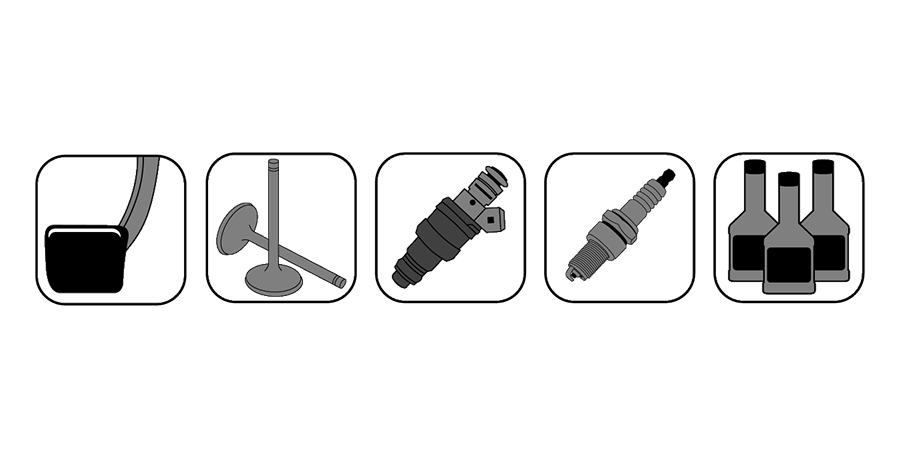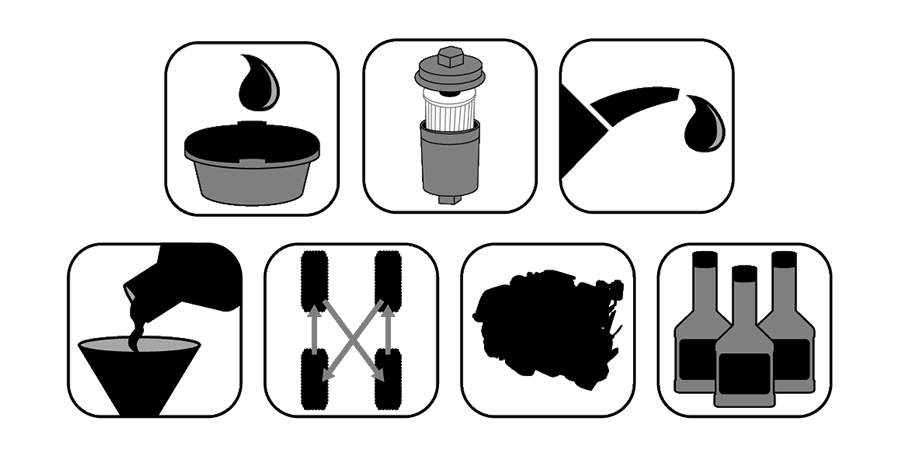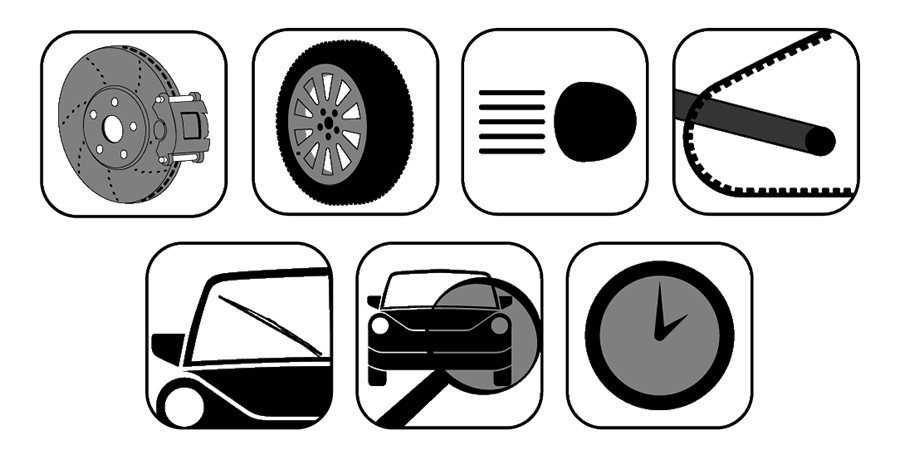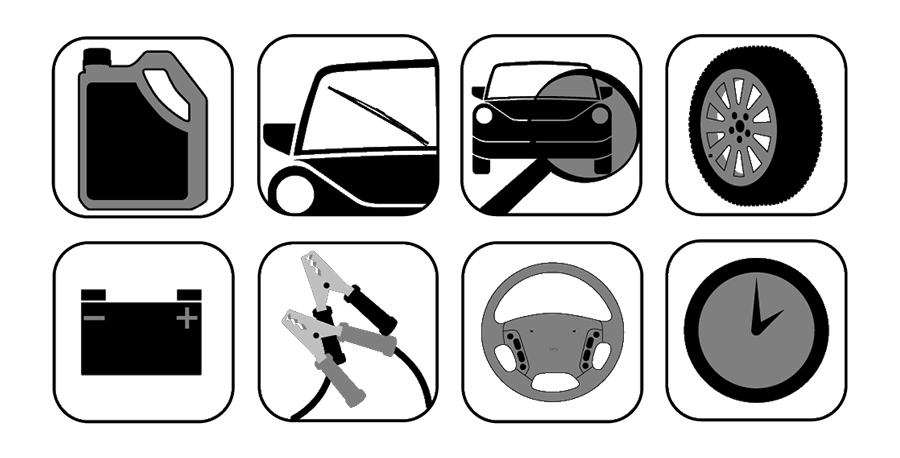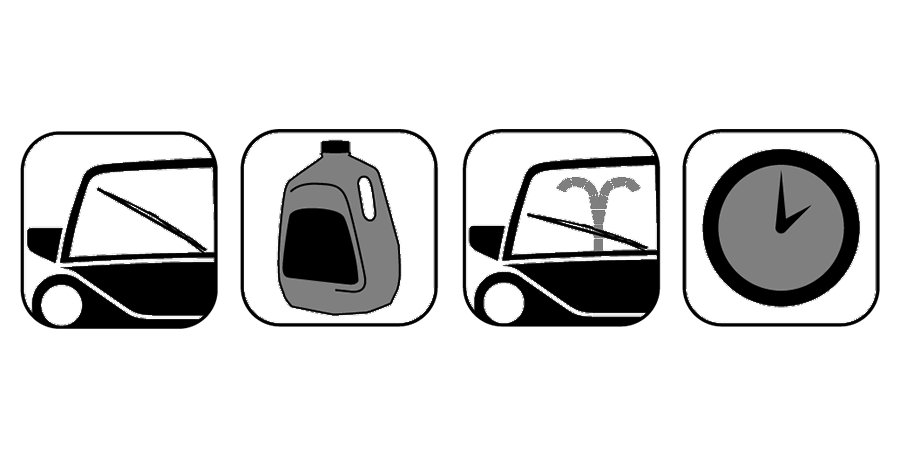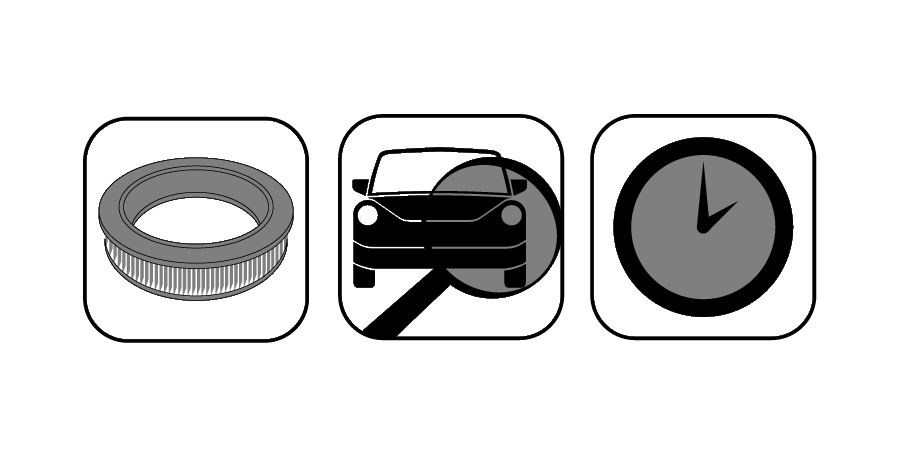
Air Filter Replacement
An air filter allows outside air into an engine’s intake manifold, where the air mixes with fuel to power a vehicle. Playing a defensive role, air filters prevent dirt particles, bugs, and other contaminants from entering the engine and causing destruction. Unfortunately, engine air filters lose effectiveness over time and require replacements. Drivers looking to replace an air filter can choose from three common types: paper, foam, and cotton. Paper air filters are usually cheap, but they generally wear out faster than their counterparts. Foam filters are a popular choice for off-road vehicles, because they have strong filtering capabilities. However, they also tend to clog engines if used and left unchecked. Cotton filters are commonly found on race cars, but can be also used as aftermarket upgrades on everyday vehicles. No matter the type of air filter in your vehicle, it is important to replace the air filter as needed. A dirty air filter can negatively affect gas mileage and make an engine run roughly.

